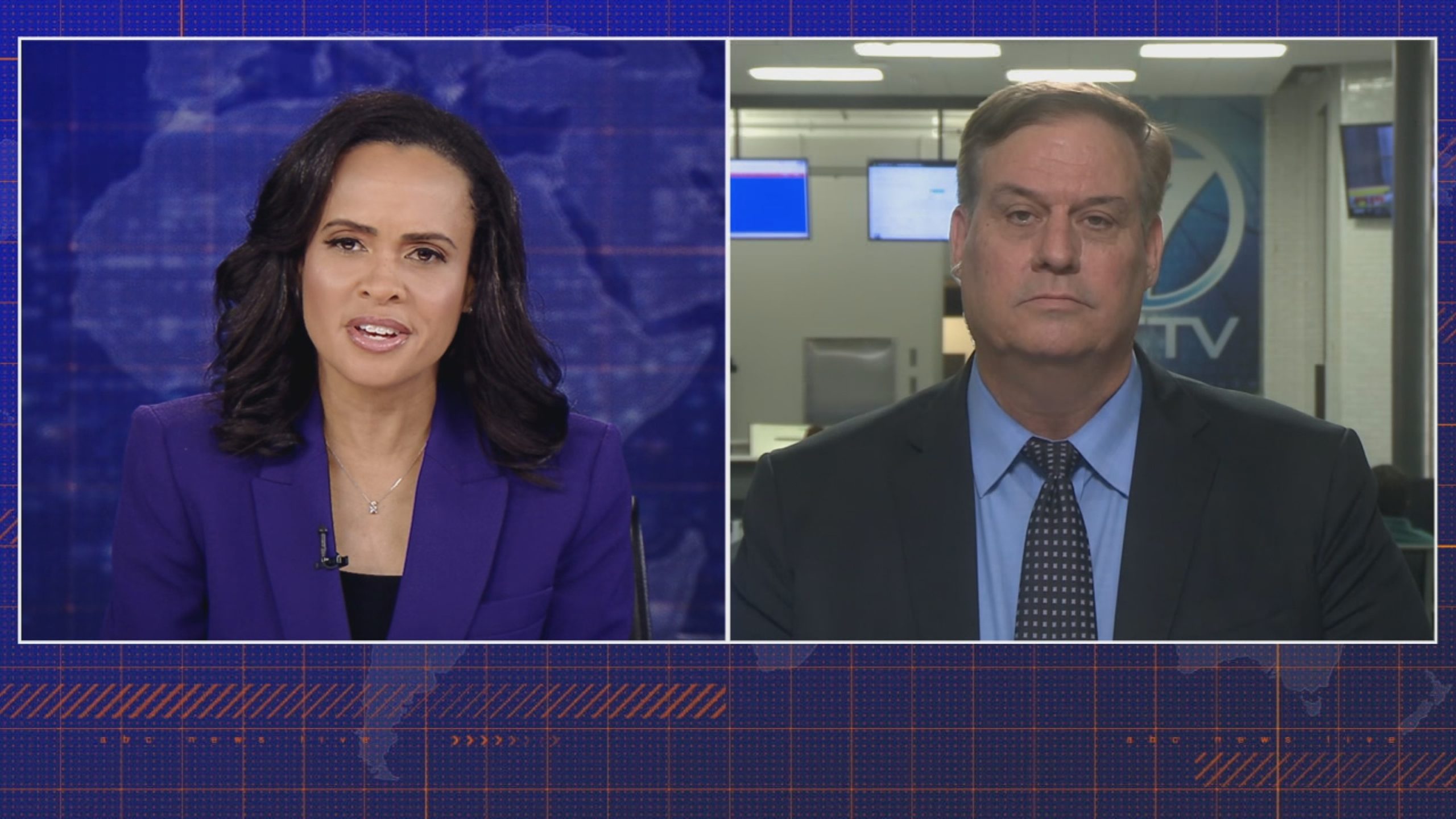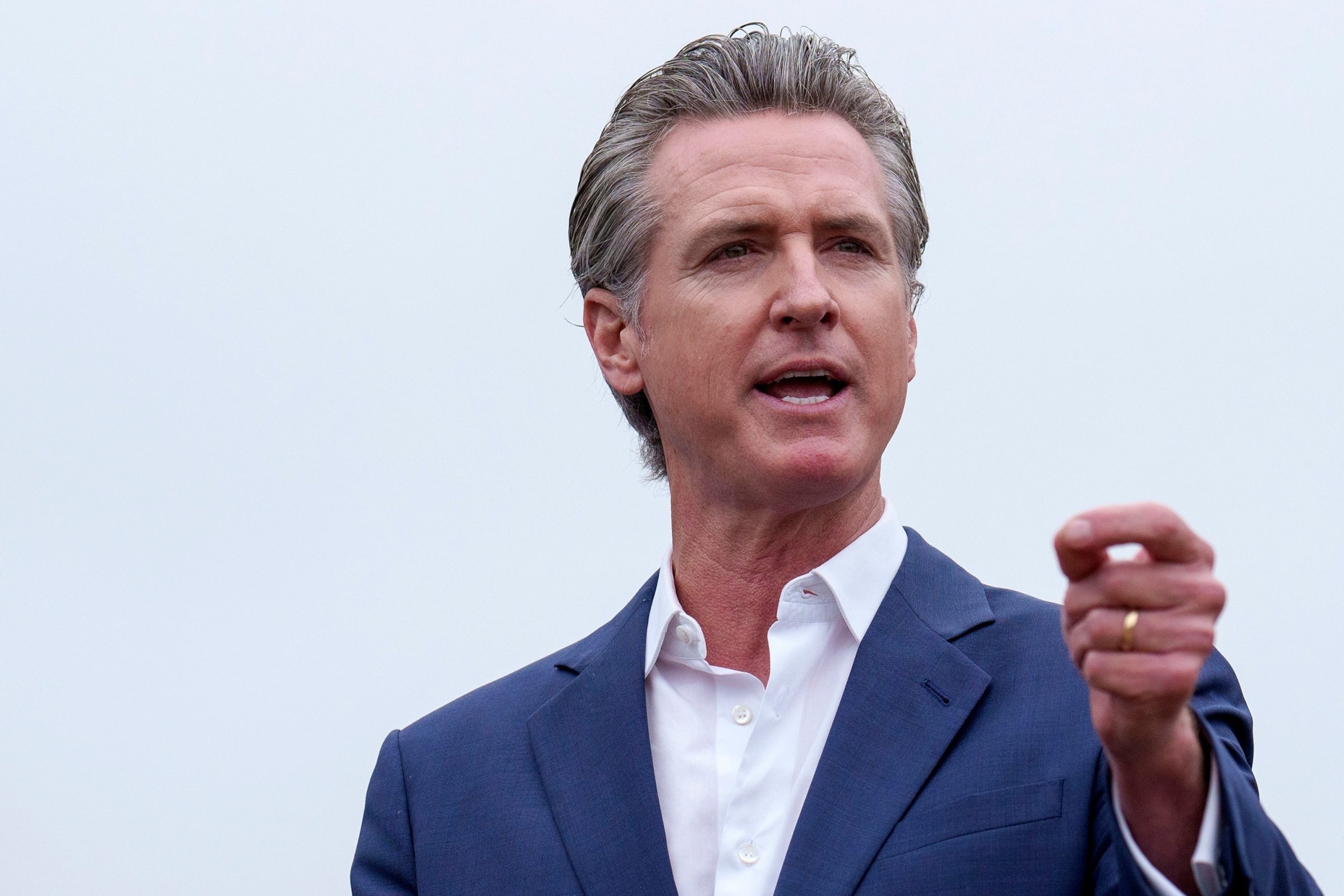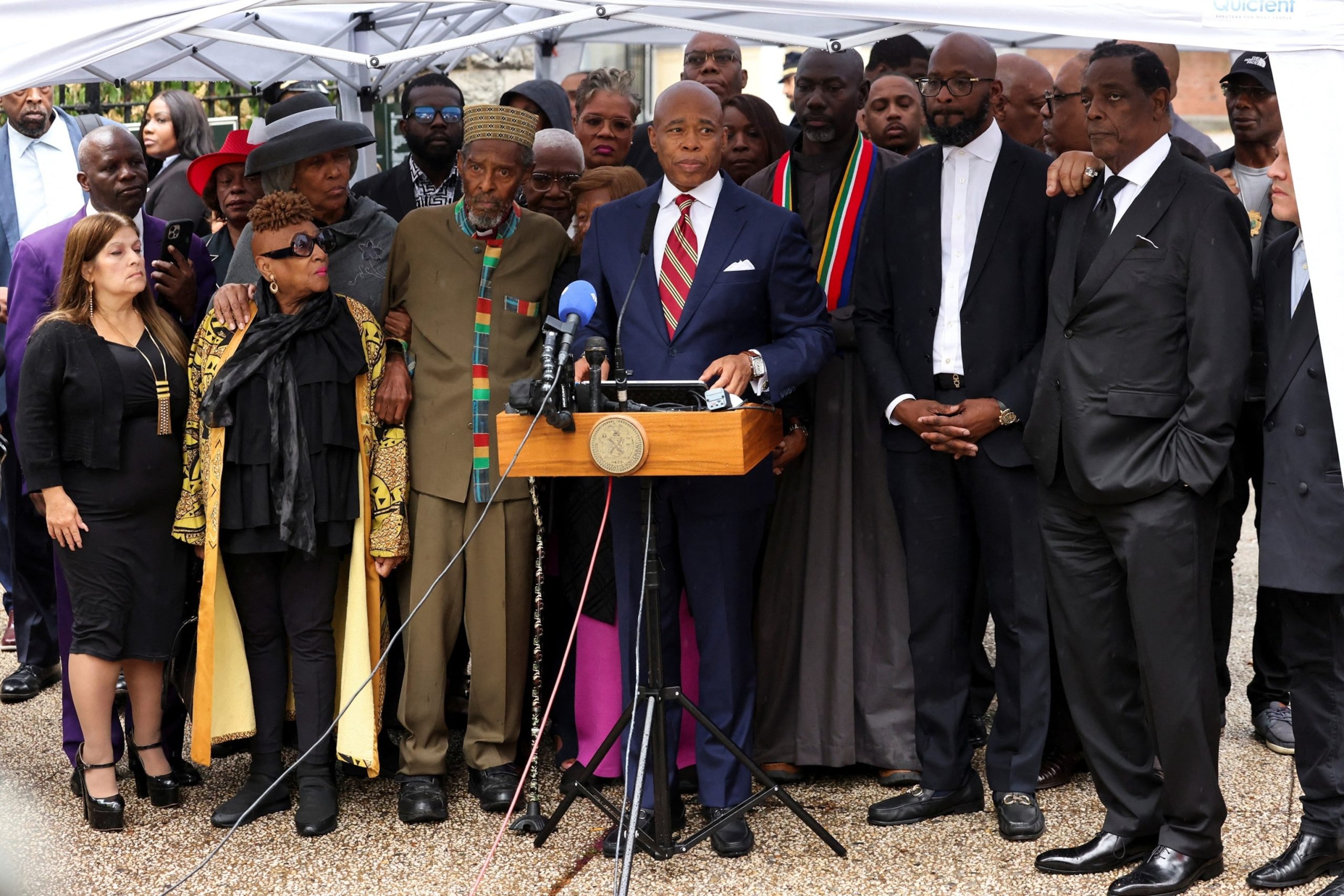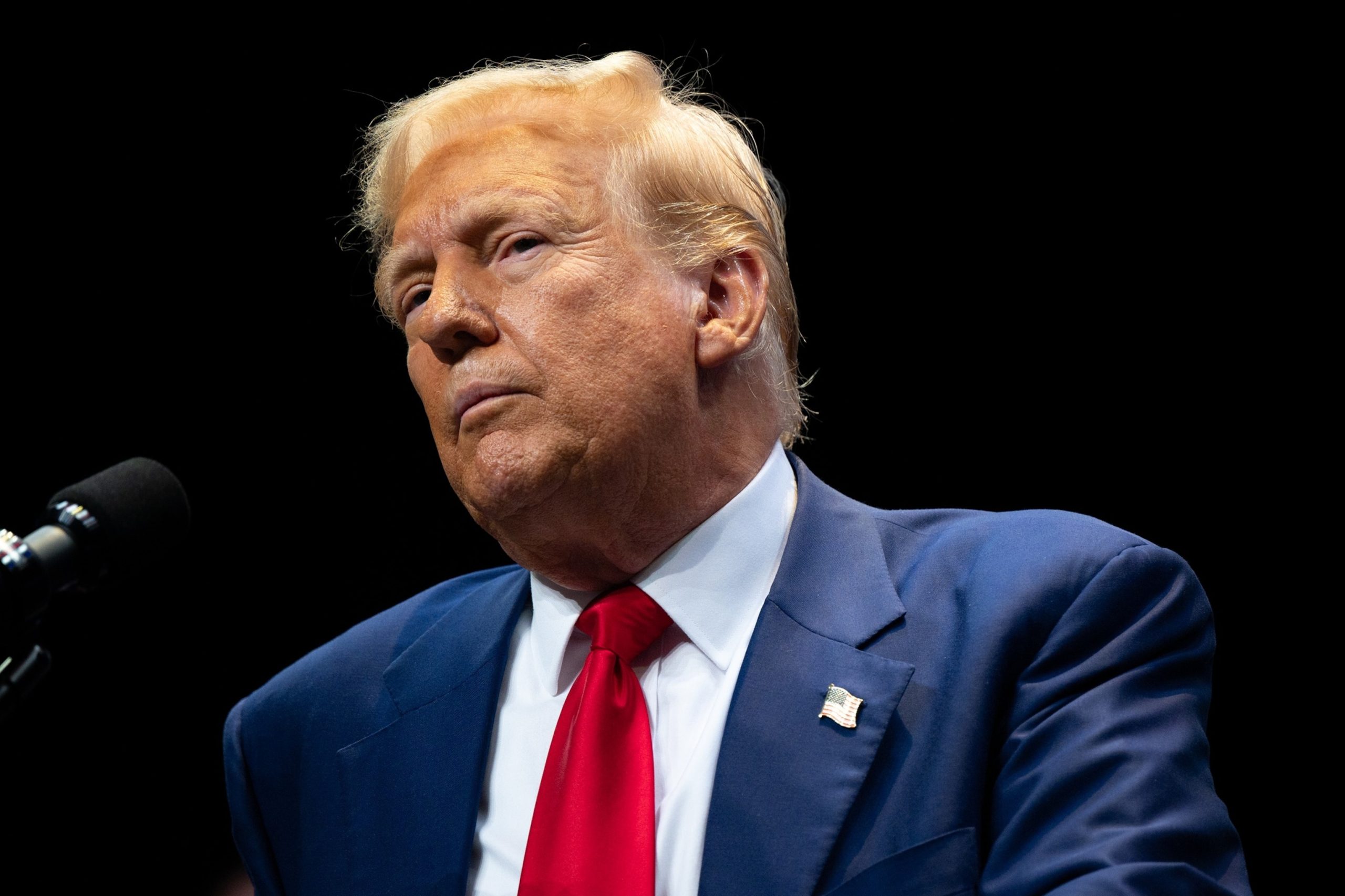Nebraska State Sen. Mike McDonnell told ABC News Prime Anchor Linsey Davis on Tuesday that the push to change the state’s Electoral College allocation to “winner take all” — a move that would have likely benefited former President Donald Trump and made the electoral map more difficult for Vice President Kamala Harris — instead of votes by congressional district with less than two months before the general election “did not seem fair.”
“I’m always willing to listen to people and try to find a compromise, but also try to understand why they’re voting yes … But this just did not seem fair. If we’re going to go ahead and change [the rules] in the state of Nebraska, I think we should do it mid-term. I think we should do it two years before the presidential election,” McDonnell told Davis of the timing around a potential law change.
McDonnell continued: “But we do listen, as Nebraskans, and sometimes people say, oh, ‘Nebraska nice,’ that means, you know, you’re kind of weak — and it’s not. We work hard and we play by the rules and we’re just asking everyone to come in, work hard in Omaha, the 2nd Congressional District, and play by the rules.”
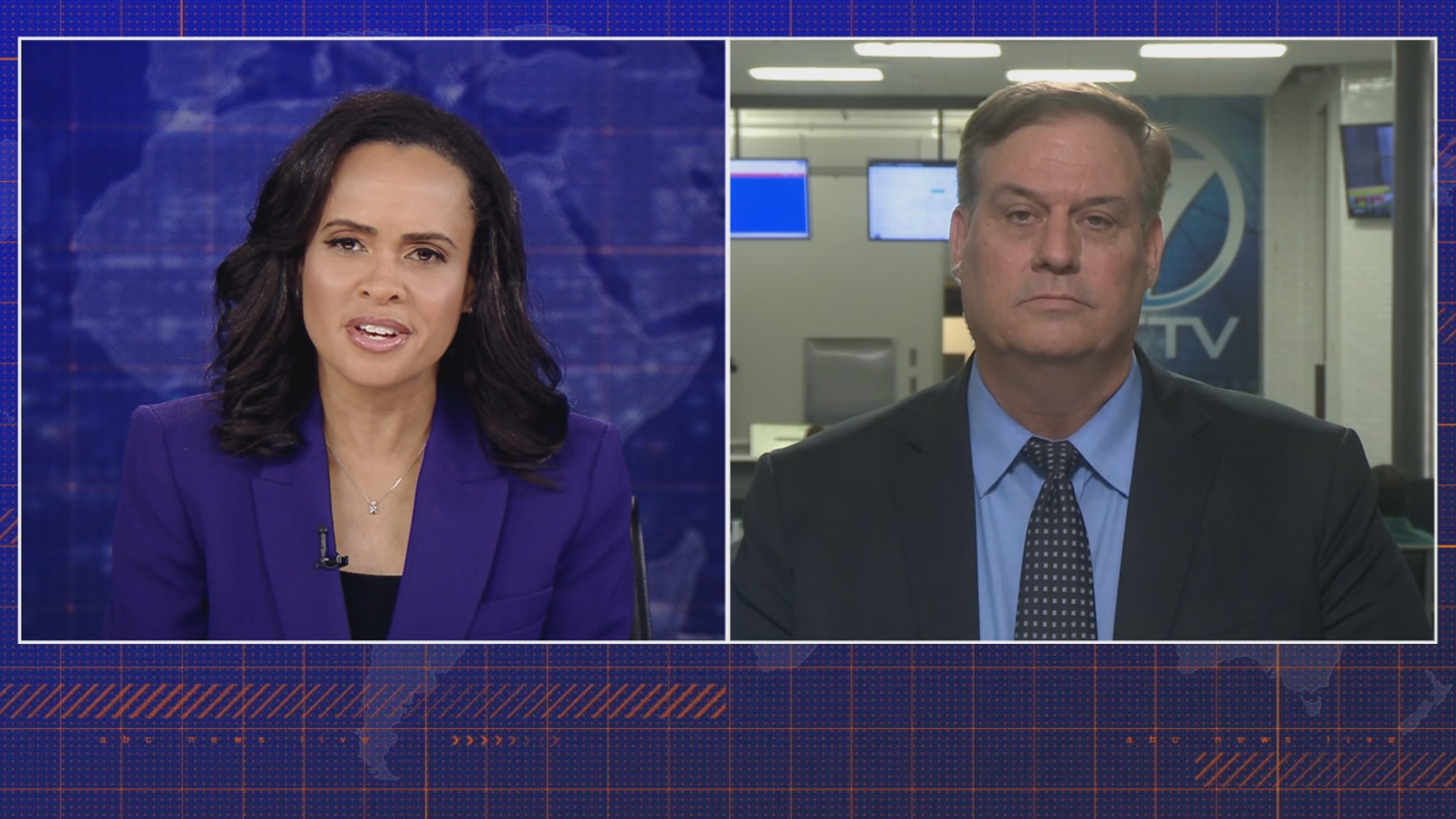
Nebraska state Sen. Mike McDonnell (right) speaks to ABC News Live Prime anchor Linsey Davis, Sept. 24, 2024.
ABC News
The potential winner-take-all electoral change would have been pivotal if the Republican-leaning state then allocated all of its five electoral votes solely to Trump if he won statewide, instead of dividing them with Harris if she won in one of Nebraska’s three congressional districts. Nebraska gives three Electoral College votes to the statewide winner and one to the winner of each congressional district.
Earlier this week, McDonnell, who was one of three state Republican holdouts that Gov. Jim Pillen needed to break an expected filibuster in a special legislative session, said he would not support the change before November. This announcement effectively killed the winner-take-all push.
Instead, McDonnell said he believed the legislature should take up the issue in next year’s legislative session, which tentatively starts the first week of January 2025.
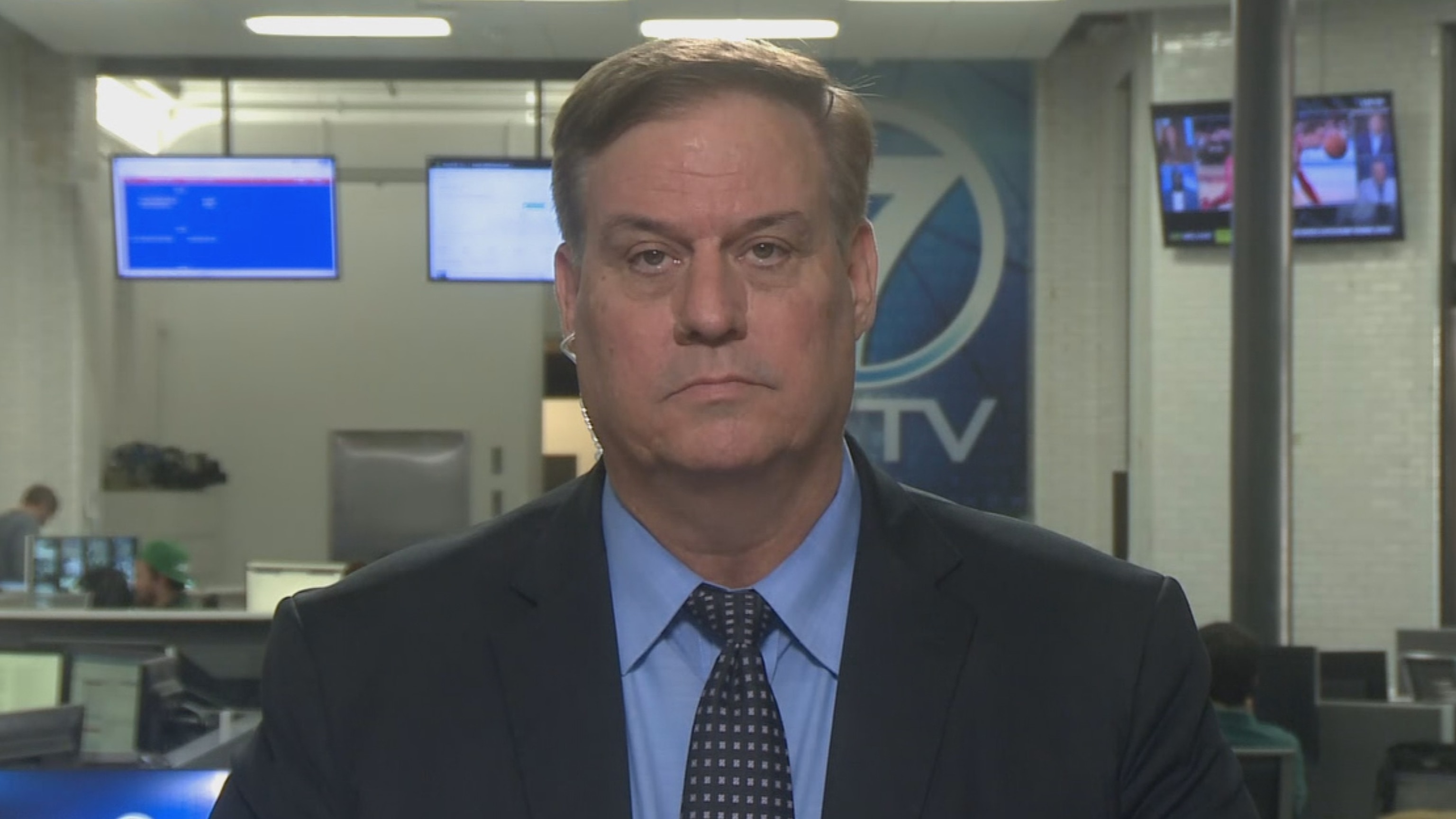
Nebraska state Sen. Mike McDonnell speaks to ABC News Live Prime anchor Linsey Davis, Sept. 24, 2024.
ABC News
McDonnell mentioned that he had been opposed previously to “winner-take-all” in the state since he ran for legislature starting in 2016.
Pressed by Davis if anyone or anything could make him change his decision, McDonnell was resolute: “No. I’ve tried to listen and I always will listen. I think the rest of the country should follow us and look at the unicameral [Nebraska Legislature] and look at getting rid of the winner-take-all.”
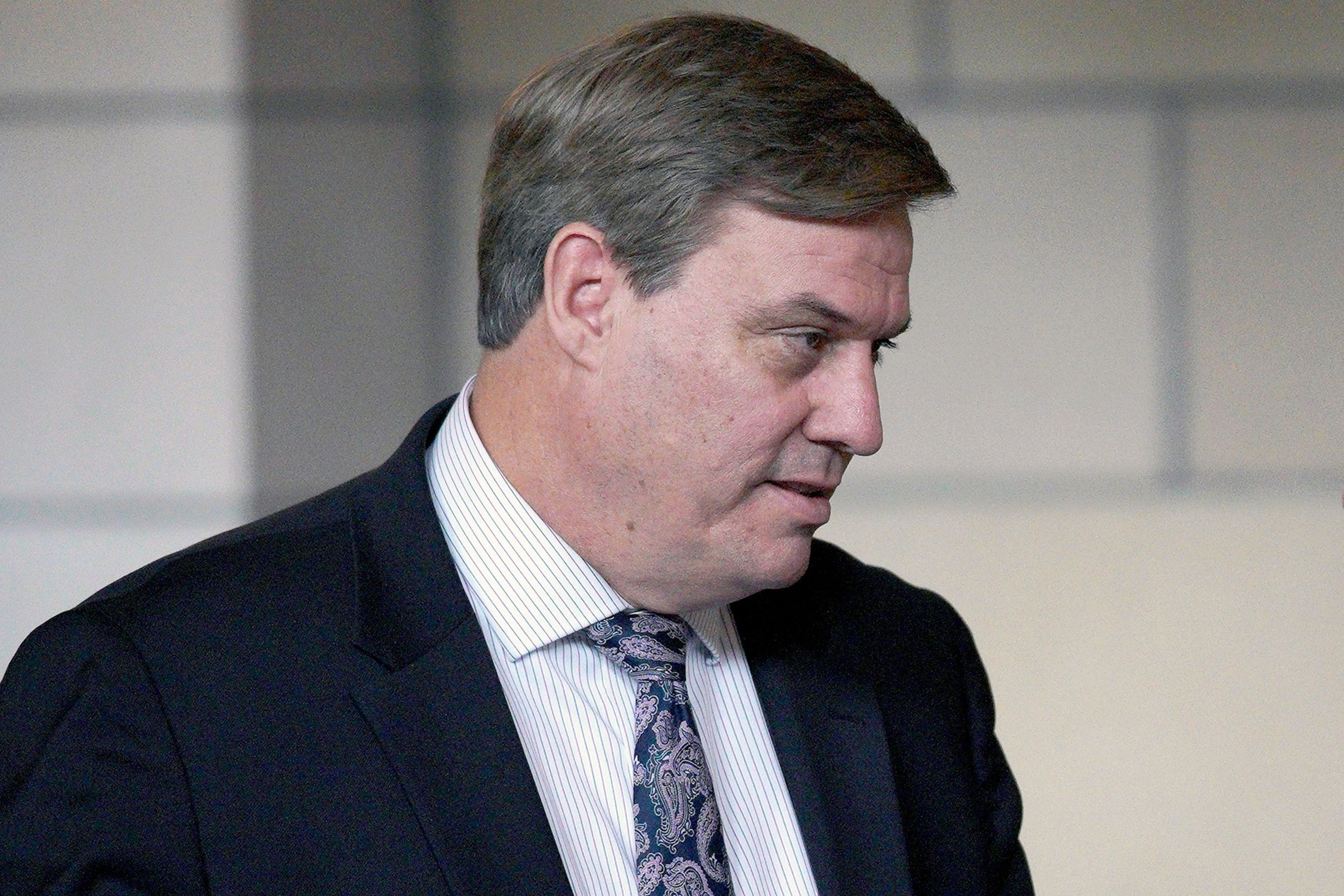
In this March 1, 2019 file photo, Nebraska State Sen. Mike McDonnell of Omaha is shown in the Legislative Chamber in Lincoln, Neb.
Nati Harnik/AP
Nebraska Gov. Jim Pillen later released a statement Tuesday confirming he has “no plans” to call a special session before the November general election.
Trump on Monday thanked Pillen for attempting to “simplify the complexity” of the state’s electoral map, while attacking McDonnell for opposing it, calling him a “Grandstander.”
“Unfortunately, a Democrat turned Republican(?) State Senator named Mike McDonnell decided, for no reason whatsoever, to get in the way of a great Republican, common sense, victory. Just another ‘Grandstander!'” Trump wrote in a social media post.
Meanwhile, Harris’s running mate Minnesota Gov. Tim Walz, while speaking at a New York fundraiser on Monday night, celebrated McDonnell’s decision, saying that the race would be close because the “Electoral College is the way it is,” before stating, “Thank God for that one guy in Omaha” — a reference to McDonnell.
Asked to respond to Trump’s comments, McDonnell said, “Well, today’s the first day I’ve talked to the media and I’m always willing to get, as I said, over the last eight years, serving in the legislature – willing to talk to people and listen.”
And asked about Walz’s comments and if Harris and Trump should make campaign stops in Omaha — as well as if his own decision may have changed the outcome of the election — McDonnell stayed away from making any predictions, but invited them both to Omaha.
“I’m inviting both Vice President Harris and President Trump. Come to Omaha. Come have a debate here! There’s still 42 days. Listen to the people. Talk to the people and answer the questions.”

In this undated photo, the skyline of Omaha is seen from the Missouri River in Nebraska.
Education Images/UIG via Getty Images
McDonnell emphasized that most — if not all — of the feedback he had gotten about the issue had been civil.
“We know it’s a very important issue. It’s a passionate issue, and people are passionate about it … 90% of them have been professional and polite,” McDonnell told Davis.
ABC News’ Isabella Murray, Soorin Kim, Lalee Ibssa and Kelsey Walsh contributed to this report.
Nebraska State Senator Mike McDonnell is raising questions about the fairness of the winner-take-all electoral vote system, which is used in most states during presidential elections. Under this system, the candidate who wins the popular vote in a state receives all of that state’s electoral votes.
McDonnell argues that this system can lead to a situation where a candidate who loses the popular vote nationally can still win the presidency by narrowly winning key swing states. This was the case in the 2016 election, where Donald Trump won the presidency despite losing the popular vote to Hillary Clinton by nearly 3 million votes.
McDonnell believes that this system undermines the principle of democracy, as it can result in a candidate winning the presidency without having the support of the majority of voters. He has proposed a bill that would allocate Nebraska’s electoral votes proportionally based on the popular vote in the state, rather than awarding them all to the winner.
Supporters of the winner-take-all system argue that it helps to ensure that smaller states have a voice in presidential elections, as candidates are forced to campaign in a wide range of states rather than focusing solely on populous ones. They also argue that changing the system could lead to increased polarization and division, as candidates would only need to focus on winning over certain segments of the population rather than appealing to a broad cross-section of voters.
However, McDonnell believes that the current system is outdated and no longer serves its intended purpose. He argues that it is time for a change to ensure that every vote counts and that the president truly represents the will of the people.
The debate over the fairness of the winner-take-all electoral vote system is likely to continue in Nebraska and other states in the coming years. It remains to be seen whether McDonnell’s proposed bill will gain traction and lead to any changes in how electoral votes are allocated in future presidential elections.
